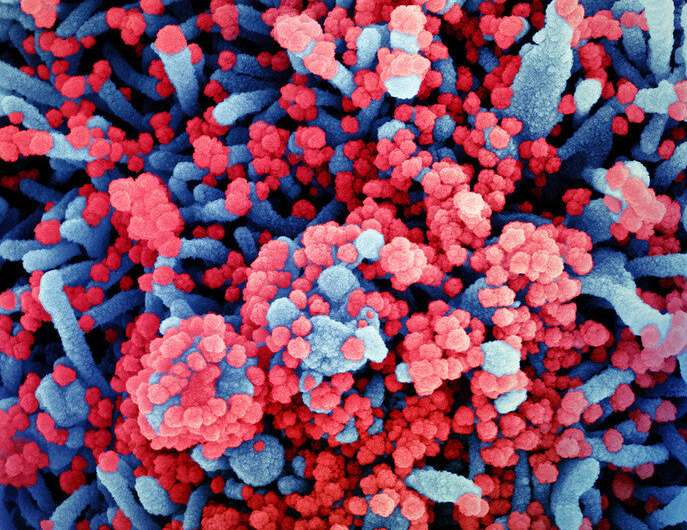Experts make weak recommendation for remdesivir in severe COVID-19

In The BMJ today, a panel of international experts make a weak recommendation for the use of remdesivir in patients with severe covid-19, and strongly support continued enrolment of patients into ongoing clinical trials of remdesivir.
Their advice is part of The BMJ's Rapid Recommendations initiative—to produce rapid and trustworthy guidelines for clinical practice based on new evidence to help doctors make better decisions with their patients.
The antiviral medication remdesivir has received worldwide attention as a potentially effective treatment for severe covid-19 and is already being used in clinical practice.
Today's recommendation is based on a new evidence review comparing the effects of several drug treatments for covid-19 up to 20 July 2020.
It shows that remdesivir may be effective in reducing recovery time in patients with severe covid-19, although the certainty of the evidence is low. But remdesivir probably has no important effect on the need for mechanical ventilation and may have little or no effect on length of hospital stay.
The authors stress that "the effectiveness of most interventions is uncertain because most of the randomised controlled trials so far have been small and have important study limitations."
After thoroughly reviewing this evidence, the expert panel says that most patients with severe covid-19 would likely choose treatment with remdesivir given the potential reduction in time to clinical improvement.
But given the low certainty evidence, and allowing for different patient perspectives, values, and preferences, they issued a weak recommendation with strong support for continued recruitment in trials.
They suggest that future research should focus on areas such as optimal dose and duration of therapy, and whether there are specific groups of patients most likely to benefit from remdesivir.
The authors also sound a note of caution about the potential opportunity cost of using remdesivir while the evidence base is still uncertain. As a relatively costly drug that is given intravenously, use of remdesivir may divert funds, time, attention, and workforce away from other potentially worthwhile treatments.
The study that today's recommendation is based on is called a living systematic review.
In a linked editorial, The BMJ editors explain that living systematic reviews are useful in fast moving research areas such as covid-19 because they allow authors to update previously vetted and peer reviewed evidence summaries as new information becomes available.
This is the second living systematic review published by The BMJ this year, and it will be updated to reflect emerging evidence. Several more are planned, including one on pregnancy outcomes among women infected with covid-19.
More information: Reed AC Siemieniuk et al, Drug treatments for covid-19: living systematic review and network meta-analysis, BMJ (2020). DOI: 10.1136/bmj.m2980



















